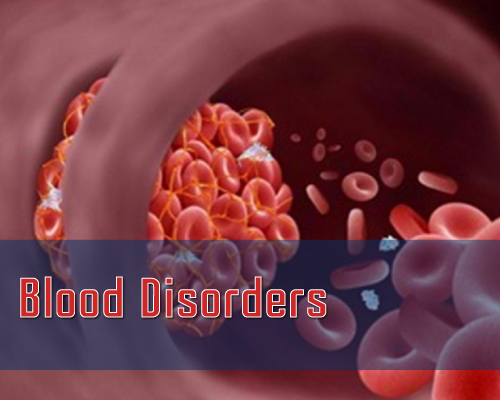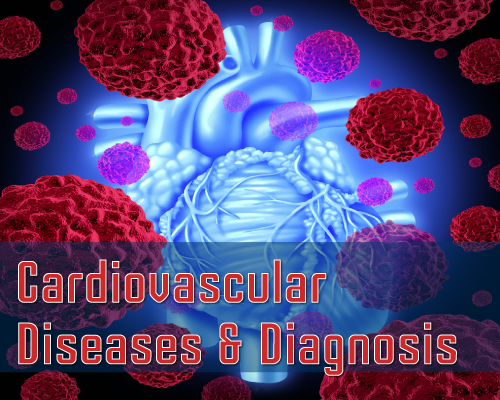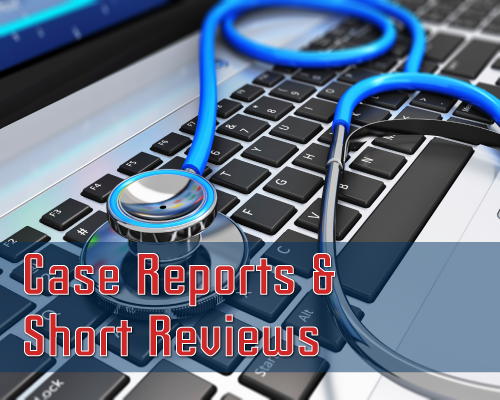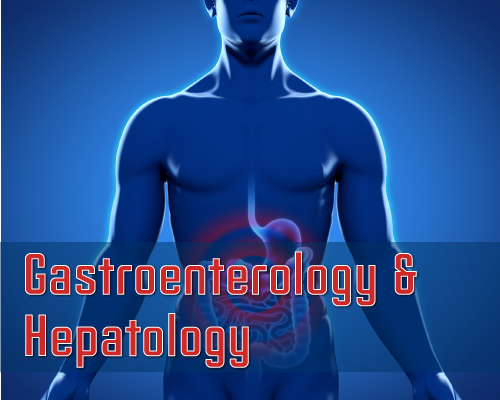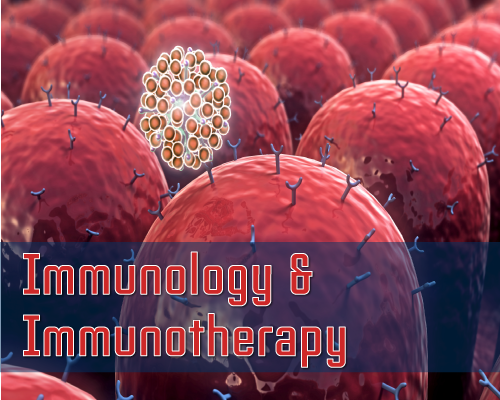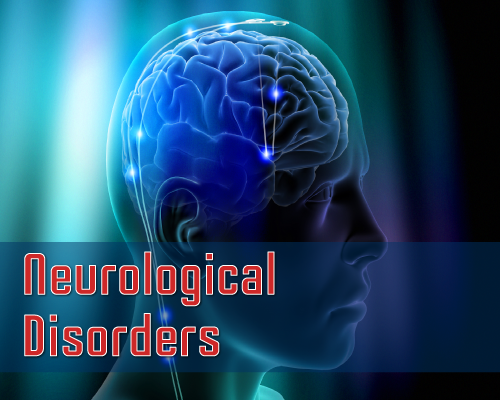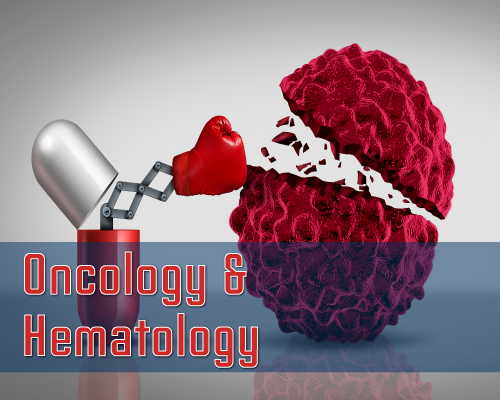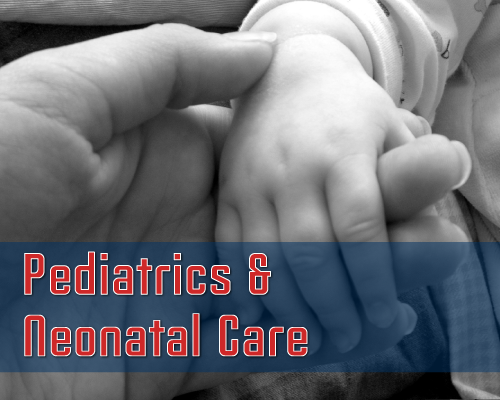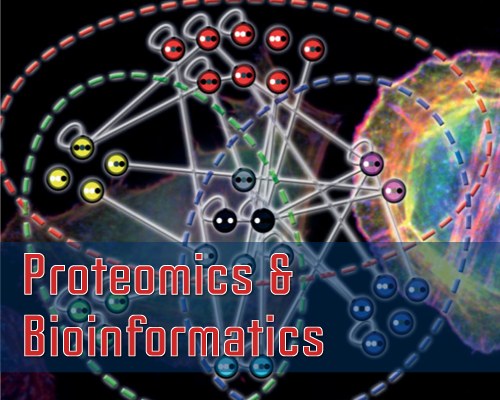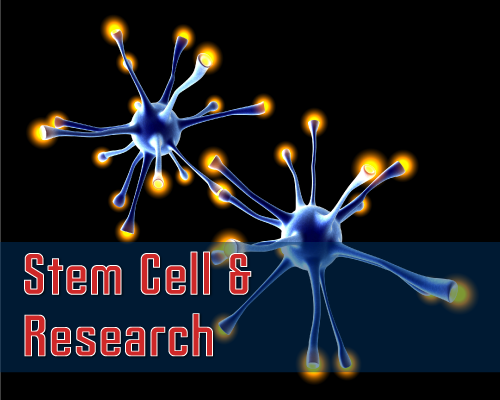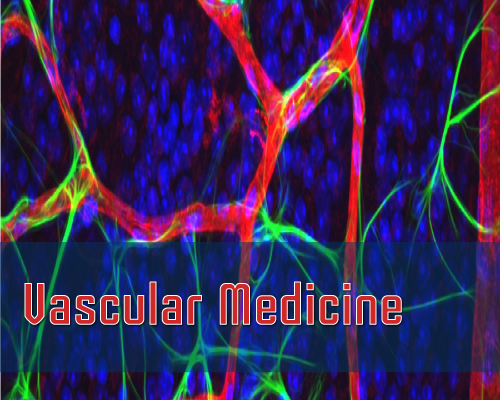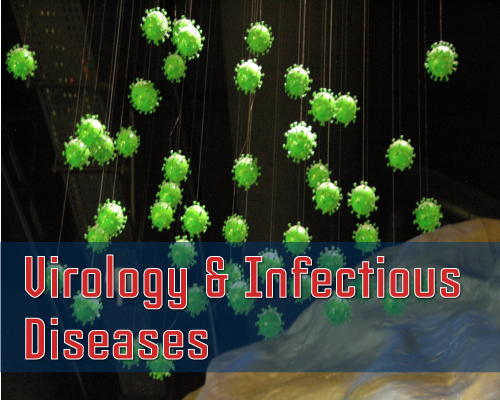Volume 1 Issue 1
Research Article: Barrett's Esophagus with Epithelial Changes Indefinite for Dysplasia: What we Have Learnt from Recent Studies
Prashanthi N Thota, Ashwini K.Esnakula, David Hernandez Gonzalo, Xiuli Liu*
Barrett's esophagus (BE), a complication of chronic gastroesophageal reflux disease (GERD), is defined as the extension of salmon-colored mucosa into the tubular esophagus =1cm proximal to the gastroesophageal junction (GEJ) with biopsy confirmation of intestinal metaplasia, defined by the presence of goblet cells histologically. Patients with BE are at increased risk of esophageal adenocarcinoma (EAC), and as such, need to undergo endoscopic surveillance with biopsy to detect dysplasia or earlyEAC. Histologic criteria for dysplasia in BE were well described in 1988 by Reid et al. and classified as BE with low grade dysplasia (LGD), BE with high grade dysplasia (HGD) and BE with changes indefinite for dysplasia (IND). Biopsies are classified as IND when the epithelial abnormalities are not sufficient to diagnose dysplasia or the nature of the epithelial abnormalities is uncertain due to inflammation or technical issues. Specific diagnostic criteria for indefinite for dysplasia (IND) are not well established and its clinical significance has not been well studied. Previous studies have focused on the higher end of neoplasia in BE and led to revolutionary changes and improvement in the management of BE with HGD and early EAC. Only recently, the lower end of dysplasia in BE attracted researchers' interest. This reviewsummarizes the findings in most recent studies on the neoplastic risk and thus the management of BE IND.
Cite this Article: Thota PN, Esnakula AK, Gonzalo DH, Liu X. Barrett's Esophagus with Epithelial Changes Indefinite for Dysplasia: What we Have Learnt from Recent Studies. SRL Gastroenterol Hepatol. 2015;1(1): 009-013.
Published: 31 December 2015
Leandro Cardoso Barchi* and Bruno Zilberstein
Background: Gastrointestinal Stromal Tumor (GIST) is the most common mesenchymal neoplasms of the gastrointestinal (GI) tract, occupying 0.2% of all digestive tract cancer cases. The main affected site is the stomach (50% cases). The vast majority (95%) have a mutation in the Kit gene. Surgery is the treatment of choice, with complete tumor resection with free margins, and no need for lymphadenectomy. Minimal invasive surgery may be an option, mainly for small tumors and patients with localized disease. The emergence of molecular targeted therapy has brought great advances in the treatment of unresectable metastatic tumors, and in cases of recurrence after surgical treatment.
Cite this Article: Barchi LC, Zilberstein B. Current Status on Gastric Stromal Tumor. SRL Gastroenterol Hepatol. 2015;1(1): 005-008.
Published: 31 December 2015
Fousekis FS*, Skamnelos A, Katsanos KH, Christodoulou DK
Primary sclerosing cholangitis (PSC) and inflammatory bowel disease are strongly related, as 71% of patients with PSC have ulcerative colitis (UC) and it seems that both diseases have shared genetic factors. IBD-PSC has different characteristics than IBD only. In patients with UC and PSC, the more common form of disease is pancolitis, and in Crohn's disease patients with PSC is colitis. Also, IBD with concomitant PSC is less active and occurs at an earlier age. PSC is an additional risk factor for colorectal neoplasia in IBD patients and IBD increases the risk of developing gallbladder cancer and cholangiocarcinoma in PSC.
Cite this Article: Fousekis FS, Skamnelos A, Katsanos KH, Christodoulou DK. Inflammatory Bowel Disease and Primary Sclerosing Cholangitis. SRL Gastroenterol Hepatol. 2015;1(1): 001-004.
Published: 31 December 2015
Authors submit all Proposals and manuscripts via Electronic Form!


